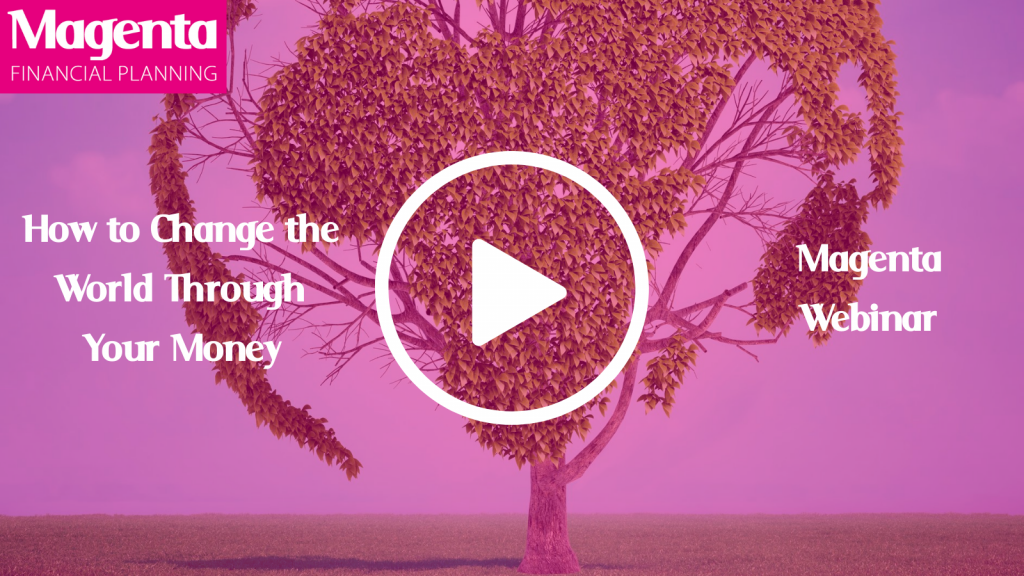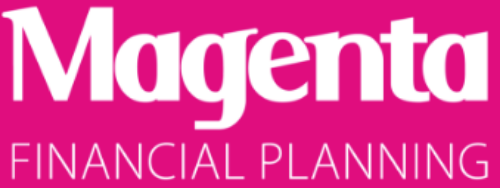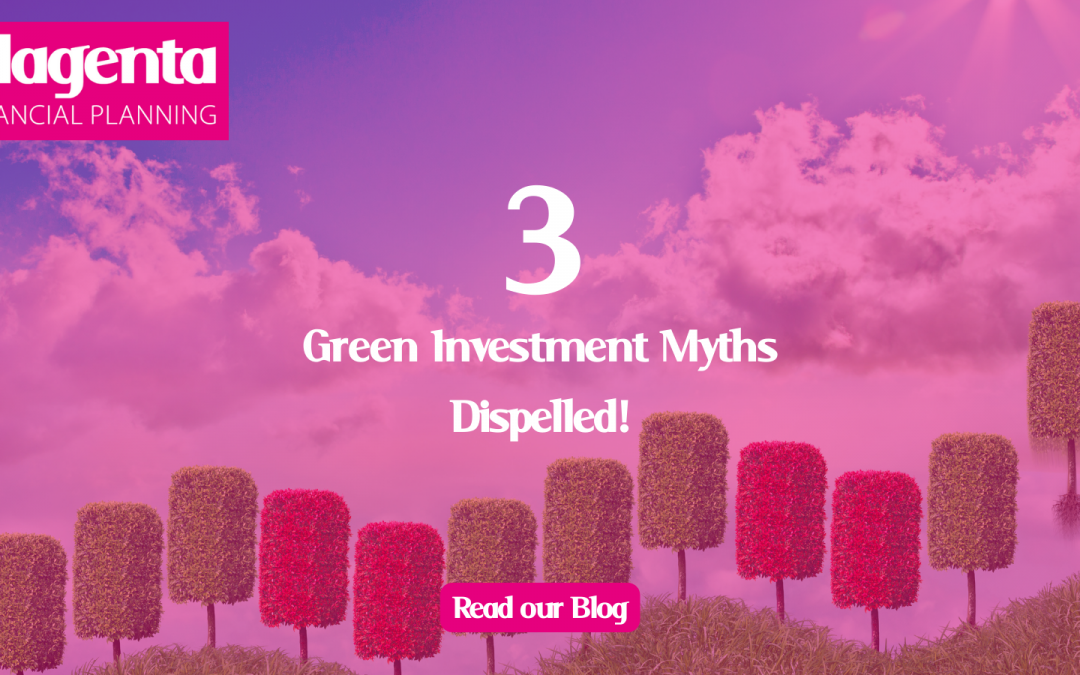1 – Having to sacrifice returns to do good with your money
This is the number one discussion point that gets raised by clients when talking about investing ‘ethically’ or ‘doing good’ with money. A significant number of people want their money to do good in the world, but ideally not at the expense of their own financial security.
This is completely understandable, but thankfully you do not have to sacrifice returns to do good with your money!
Whilst we can never make accurate predictions about investment returns, we can be informed by how investments have performed to date. It is fair to say that over the medium to long term (5+ years), the investments that we advise on which are trying to do good in the world have outperformed traditional investments.
There are two main reasons for this in our view:
- Companies who try to do good in the world generally have good guiding principles naturally, and these principles extend to how these companies are run and governed. This results in reduced chance of board-level scandal and mismanagement of the business, and instead the business being better run with a responsible long-term view, with a more motivated workforce who are aligned with what the company does.
- The world is far more aware of the need to live more sustainably and the effects of ‘bad’ capitalism on the environment and society.
Policy has been passed down to businesses by governments around the world, to guide their impact in respect of society and the environment. At the same time, consumers are demanding change and want to do less harm to the environment. In essence it is partly government policy and partly market forces changing the landscape, which creates opportunity for companies who are doing good in the world to profit.
2 – Investing in this way is more risky
Whilst it is true there is a smaller investment market available when investing ethically, because of the requirement to filter out things that do bad, it is not so small as to make investing in this way more risky.
Much like with traditional investment portfolios, any recommendations we make at Magenta to invest in this way ensure that your money is well diversified and spread between many hundreds, if not thousands of individual holdings.
There are some higher-risk investments within this type of investment portfolio, for example, those that provide vital infrastructure in the developing world. Whilst this adds to the risk of the portfolio, it also provides an enormous positive impact on the world whilst hopefully providing a monetary return. This type of risk is counterbalanced by lower-risk holdings like social housing, which provides a positive impact for society and is paid for by the government, which provides a low-risk investment return source.
When all of these factors are taken into account, we are strongly of the view that these portfolios carry no more risk than other similar investments.
3 – There is no way to know if my money is really making an impact
In the past it was hard to know whether your money was truly having a positive impact other than believing what you were told by investment managers. These days, it is quite different.
It all changed when The UN Sustainable Development Goals were announced in 2012. The goals provide tangible targets for the world to work towards to achieve many things, such as eliminating hunger, providing access to clean water, reducing inequality, positive climate action and sustainable cities and communities, among many others. There are 17 in total and you can find out more about them here: https://sdgs.un.org/goals
Investment managers, including those we recommend using, can now report on how closely aligned their portfolios are to the goals. Often you can see a percentage breakdown of positive/neutral/negative contribution to the goals overall, as well as which of the specific goals the portfolio contributes towards improving.
In addition, some investment managers, including those we recommend, can provide a personalised statement which shows your direct contribution based on the amount of money you have invested through them. For instance, how much of a reduction in co2 emissions, how many mobile phones have been provided in the developing world and how much clean water has been provided, all through your money being invested.
This article should not be taken as investment advice as investing in this way may not be suitable for your circumstances. If you would like to discuss doing good with your money, do get in touch and we’d be happy to help.
If you want to know more, you can watch a webinar we recorded all about this subject at the end of 2021.
Click here to watch it on YouTube: Magenta YouTube Webinar


